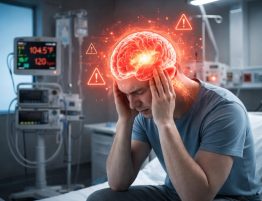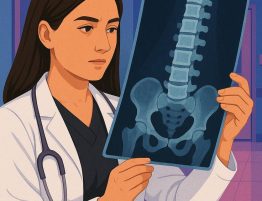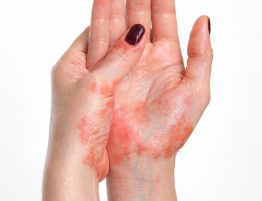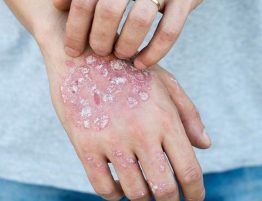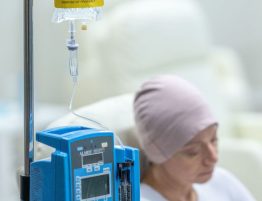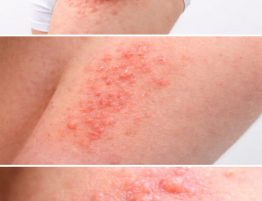
Diverticular disease is the general name for a common condition that causes small bulges (diverticula) or sacs to form in the wall of the large intestine (colon). Although these sacs can form anywhere in the colon they are most common in the sigmoid colon (part of the large intestine closest to the rectum).
Symptoms
The signs and symptoms of diverticulitis include;
- Pain, which may be constant and persist for several days. The lower left side of the abdomen is the usual site of the pain. Sometimes, however, the right side of the abdomen is more painful, especially in people of Asian descent.
- Nausea and vomiting
- Fever
- Abdominal tenderness
- Constipation or, less commonly, diarrhea
Causes of Diverticulitis
Diverticular disease develops when pouches form along the digestive tract, typically in the colon (large intestine). These pouches are known as diverticula. They form when weak spots in the intestinal wall balloon outward.
Diverticulitis happens when diverticula become inflamed and in some cases infected. This can occur when feces or partially digested food blocks the opening of the diverticula.
Diagnosis
Diverticulitis is usually diagnosed during an acute attack. Because abdominal pain can indicate a number of problems, the doctor will need to rule out other causes for the symptoms.
The doctor will start with a physical examination, which will include checking the patient’s abdomen for tenderness. Women generally have a pelvic examination as well to rule out pelvic disease.
After that, the following tests are likely:
- Blood and urine tests, to check for signs of infection.
- A pregnancy test for women of childbearing age, to rule out pregnancy as a cause of
abdominal pain
- A liver enzyme test, to rule out liver-related causes of abdominal pain
- A stool test, to rule out infection in people who have diarrhea
- A CT scan, which can identify inflamed or infected pouches of diverticulitis
Treatment
The treatment that the doctor prescribes for diverticulitis will depend on how severe the condition is.
Uncomplicated diverticulitis can typically be treated at home. The doctor might encourage the patient to make changes to their diet. In some cases they might prescribe medications including antibiotics.
If the patient has developed complications from diverticulitis, they’ll probably need to visit a hospital for treatment. They may be given fluids and antibiotics through an intravenous (IV) line. Depending on the type of complication, they might need to undergo surgery or another procedure.
What We Offer
We at Almurshidi Medical Tourism will find the best doctors to cater to your needs. We are partnered with a wide network of hospitals and clinics that provide top quality medical experience.
We provide free medical estimates, make medical appointments, and provide several medical opinions if needed at no cost.
Contact Us
For more information contact us at +66822004040 or via WhatsApp

